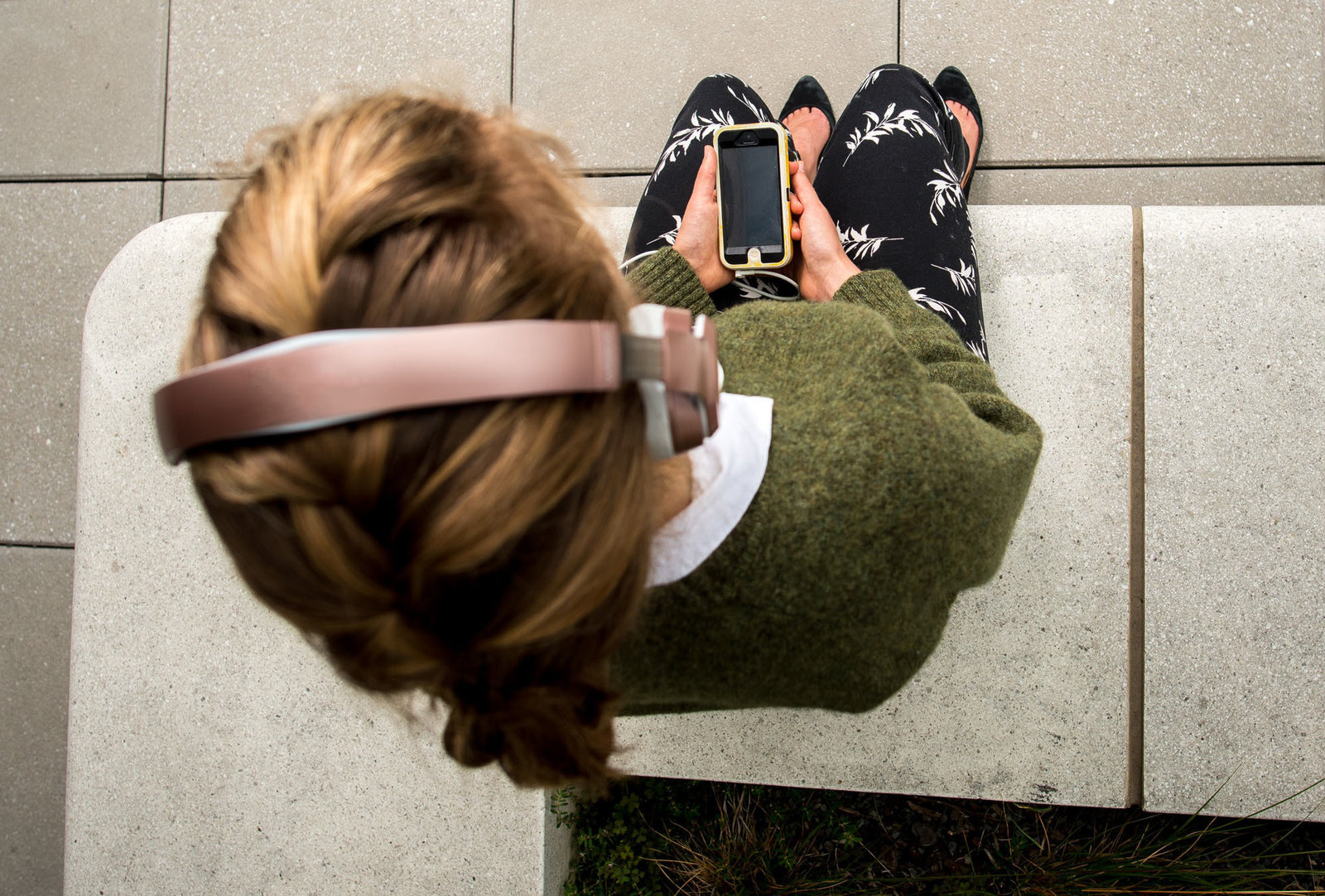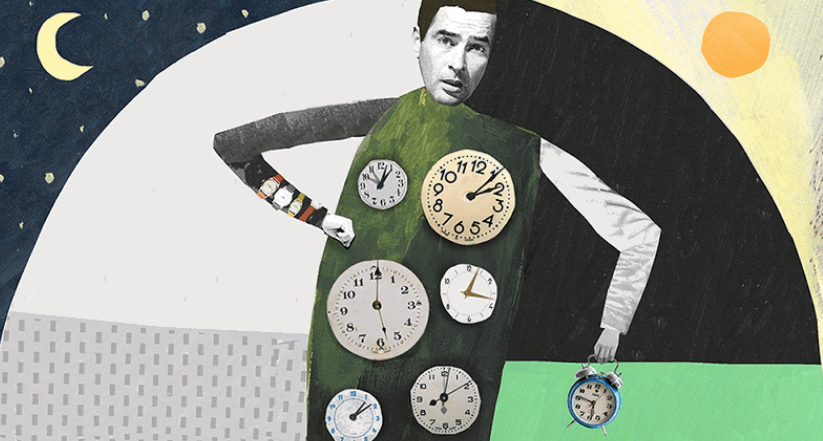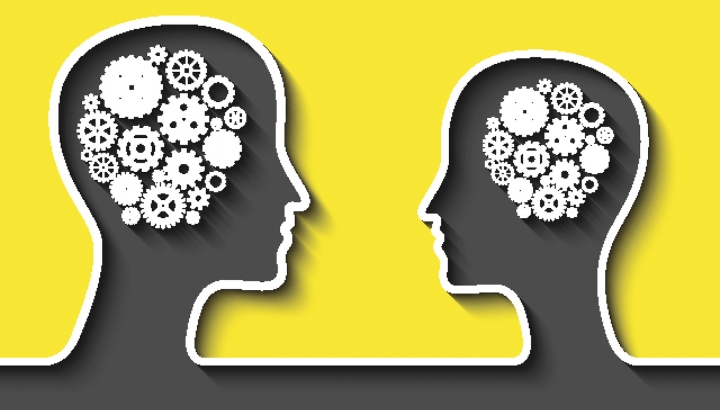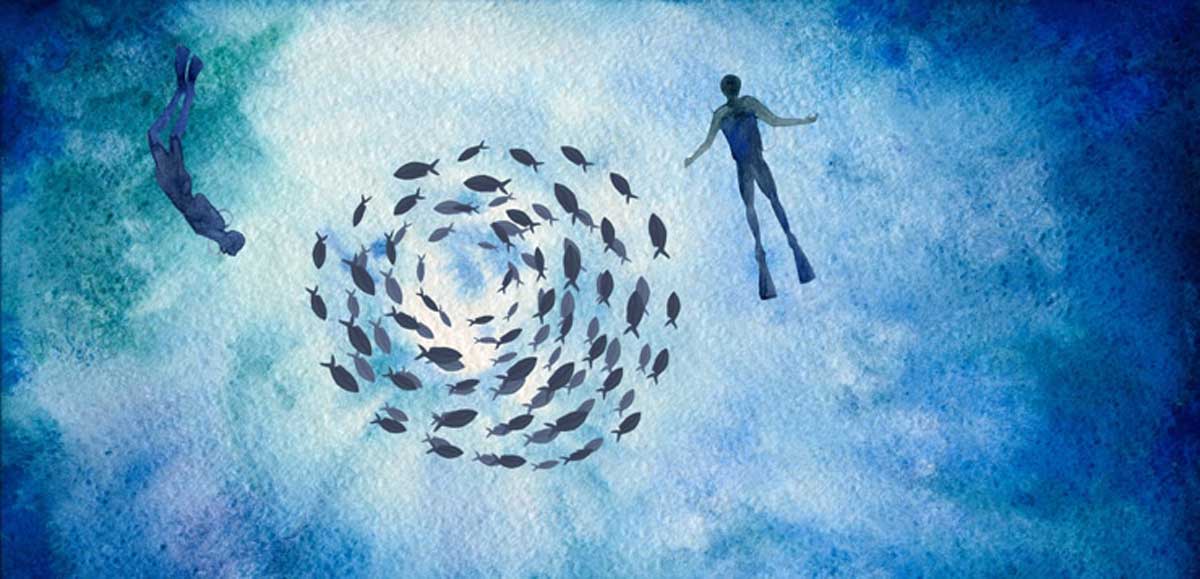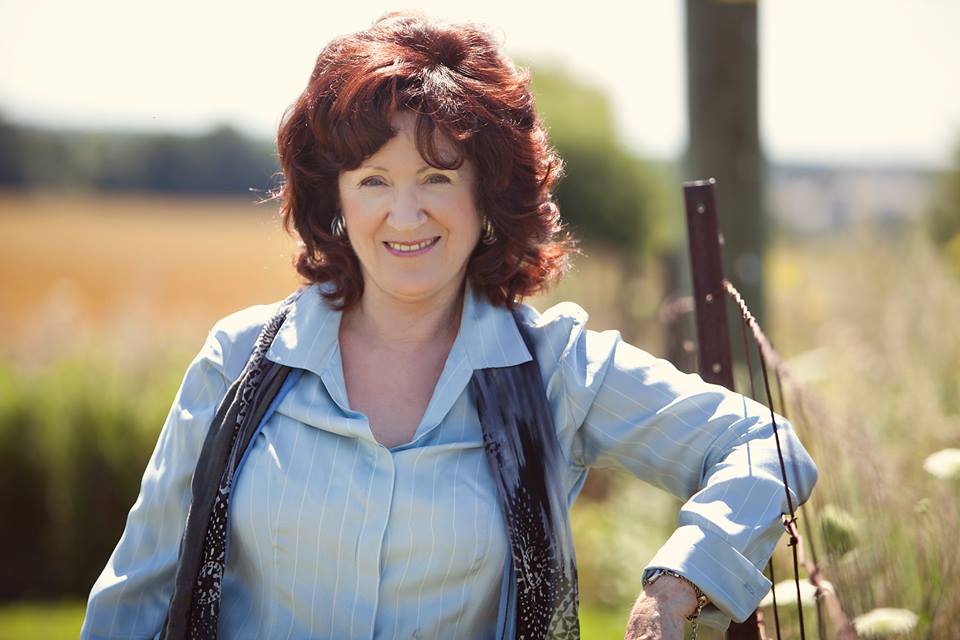
At the heart of the American ideal of marriage lurks a potential conflict. We expect our spouse to make us feel loved and valued, while also expecting him or her to help us discover and actualize our best self — to spur us to become, as Tom Cruise’s titular character in “Jerry Maguire” puts it, “the me I’d always wanted to be.”
The problem is that what helps us achieve one of these goals is often incompatible with what helps us achieve the other. To make us feel loved and valued, our spouse must convey appreciation for the person we currently are. To help us grow, he or she must emphasize the discrepancy between that person and the person we can ideally become, typically by casting a sober, critical eye on our faults.
Americans didn’t always ask so much of their spouse. Until around 1850, the primary consideration for a successful marriage was practical: running a household that kept its residents fed and safe. Love was a luxury. After 1850, as urbanization afforded young people the freedom to make their own decisions, love increasingly became a necessity for a successful marriage. Today, we expect our spouse not only to make us feel loved, but also to be a kind of life coach. To read more from ELI J. FINKEL, click here.

